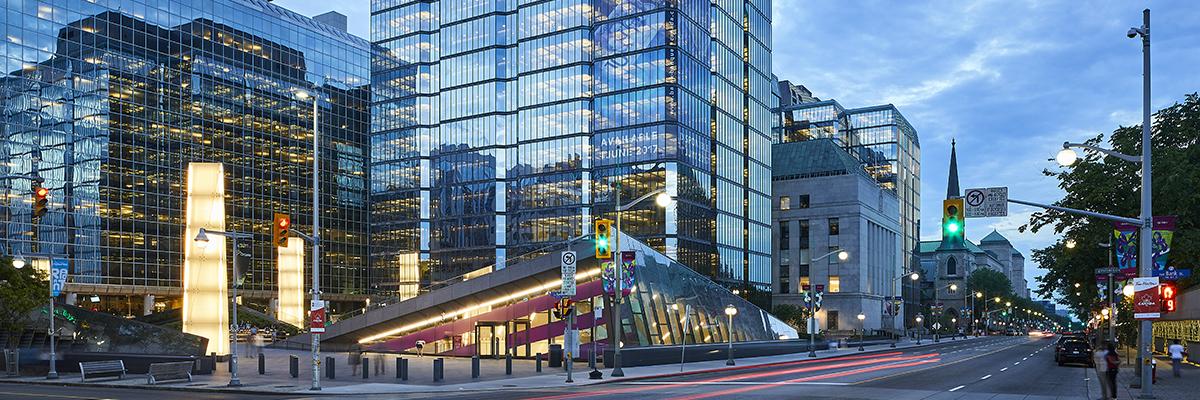Real estate about to go brrrrrrr. The largely landlord-represented government again looks for its own interests first.
The largely landlord-represented government again looks for its own interests first.
The Bank of Canada is independent of parliament (presumably what you mean by “government”).
I think people can read through these bio’s of the BoC board and understand regardless of whom put these people in power their income and asset composition is quite different from the average Canadian.
https://www.bankofcanada.ca/about/board-of-directors/
The Board is composed of the Governor, the Senior Deputy Governor and 12 independent directors appointed to three-year renewable terms by the Governor in Council (the Cabinet). The Deputy Minister of Finance is an ex officio non-voting member of the Board.
The dream team with pictures is anyone is into that type of thing: https://www.pm.gc.ca/en/cabinet
The BoC is enforcing goals set with the federal government.
Although you’re correct, all three levels of government have basically outsourced housing policy to developers, and are relying on the BoC’s overnight rate to control affordability.
The original comment is right: all three levels of government are primarily looking out for wealthy Canadians who are invested in real estate.
With these changes, the housing market probably will go “brrrrrrrrrr.”
Maybe now I can splurge and buy butter.
Seems like stagflation is a very real concern at this point.
FED talking about raising rates, BoC cutting them - what could go wrong?
When Trudeau said he would keep housing prices high I wondered what his levers were.
Aside from lowering prime rates it would be:
- Increasing RRSP withdraws(HBP)
- Creating additional accounts just to pump money into housing(FHSA)
- Increasing amortization for uninsured mortgages
- Bring back programs like The First-Time Home Buyer Incentive to share equity in housing




